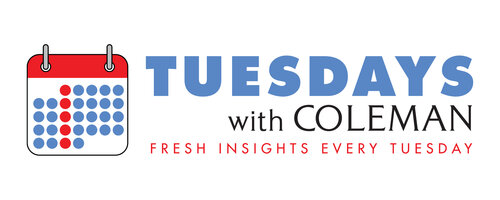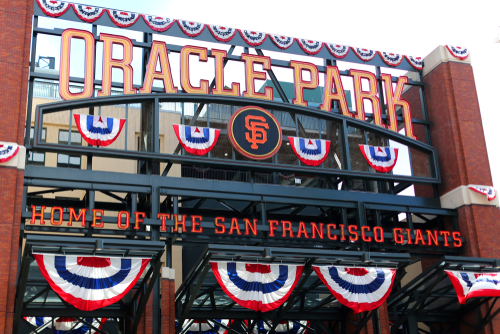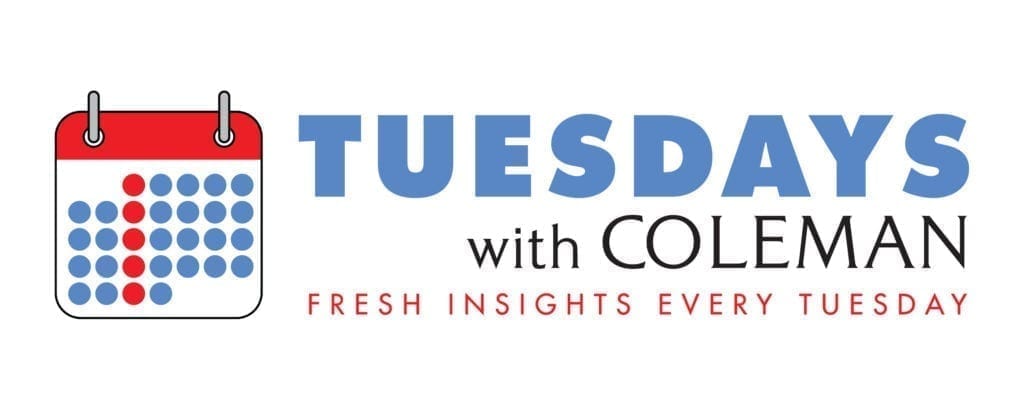
Every program director and air talent at a radio station is well-versed in how bonuses work. Get good ratings, you get a bonus. Get bad ratings, you don’t get a bonus (and perhaps get shown the door). There are many reasons why we should rethink the way radio rewards its employees, not the least of which being the sample challenges and wobbles of Nielsen ratings. But there’s also a more important philosophical reason to reevaluate radio’s bonus system: it’s rewarding the wrong thing.
Evidence from other businesses suggests that bonuses based on institutionalizing certain behaviors will achieve better consumer response than just focusing on the ultimate goal of more customers or more profit. For radio, that means focusing on a show’s behaviors, not ratings. To achieve ratings goals a show needs to have a well-thought-out process and perform behaviors that are proven to achieve a better show, and then better ratings will follow. Management should consider rewarding those processes and behaviors.
It’s no secret that we’re big believers in playing the long game. Building strong brands takes time and patience, but big brands are well rewarded. Weaker brands can manipulate ratings in the short-term with things like tactical contesting, but that takes substantial budget allocation. There’s one problem with tying the bonus of a PD or air talent to ratings–they usually can’t count on the budget being there, and they don’t get to make that decision. And yet, they’re penalized for it when it’s not.
The San Francisco Giants generated some buzz in the baseball world in 2021, when it focused on process and behavior over results, and the team notably overperformed expectations.

If the Giants treated their players like radio treats its talent, it would focus only on statistics like Batting Average and Earned Run Average the same way radio focuses on ratings. But rather, the team intensely focuses on the things that can truly affect positive change.
In other words, because batters were taught to more carefully select which pitches to swing at, they struck out less and walked more. This resulted in more runs scored because there were more players on base.
Rather than trying to find traditionally strong home run hitters, players were taught to focus on the specific launch angle of the ball off the bat (hitting the ball at specific angles was proven to be the sweet spot for hitting home runs) rather than randomly swinging away trying to get their bonus by hitting more home runs. When the Giants focused their players on launch angle, not on the number of home runs hit, the number of home runs went way up. They were the MLB leader last year in that category (and in one of the hardest ballparks to hit home runs).
What if, instead of bonusing morning shows on ratings, you bonused them on the process? Here are a few thought starters on what behaviors could be rewarded:
- The process followed for planning and generating content for the show, rather than just saying “get better ratings” or “get a 5 share” (the equivalent of pushing for them to hit more home runs.
- The number of meetings team members had in a week with the belief that more meetings mean more and better communication.
- The subjective quality of the show as rated by the team themselves. Let them set their own level of show expectations.
- Their willingness and expression of building the station brand versus just focusing on their own show.
- Their ability and discipline in following a strategic plan.
Great shows wouldn’t be demoralized when a bad ratings book hits because they’d know they were doing the job that was expected of them. Management would be supporting them, rather than only focusing on ratings. If building the station and show brand and ratings is truly a long-term game, support the morning show and keep them focused on the longer term.
What if morning shows were more involved in the strategic process rather than just being the domain of management? What if a station allowed the show to do their own research as a signal that you have their back? Would they accept and respond better to consumer feedback if they participated in it? What if they designed and conducted a study like a mediaEKG Deep Dive to test specific pieces of content? And, to the point of this blog, what if they were bonused based on how they responded and adjusted the show based on what was learned?
Radio thrives when it rethinks the way it’s done things. Maybe it’s time to rethink bonuses.

